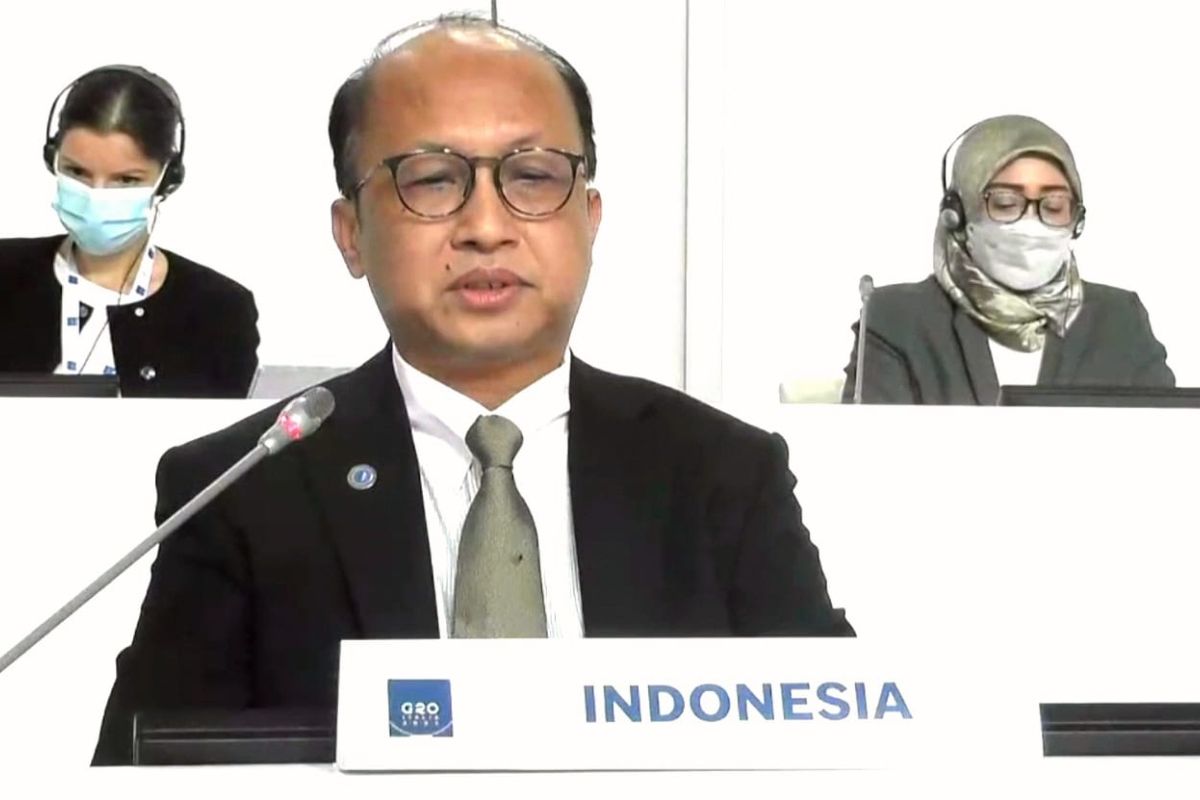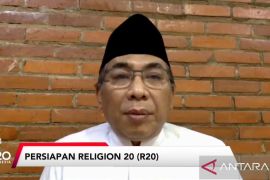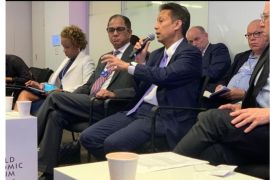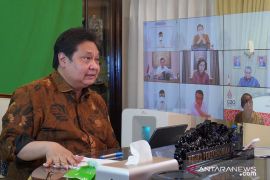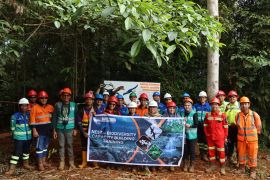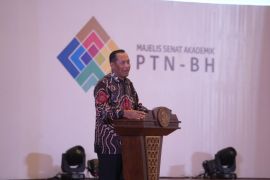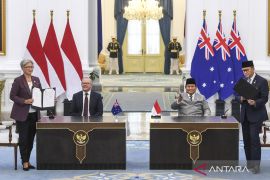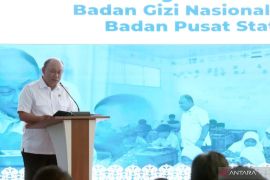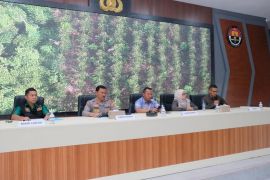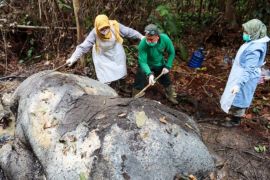"The three G20 employment priority issues are very important, as they reflect the current factual conditions of employment as well as answer our challenges in the future," Sanusi noted in a written statement received here on Friday.
The three priority issues are the creation of better and equal jobs for women workers, adjustment of social protection systems that are adaptive to changes in the work system, and ensuring digital and teleworking jobs that continue to prioritize humanitarian aspects.
Sanusi pressed on the importance of G20 member countries making extraordinary efforts to achieve the targets of the Sustainable Development Goals (SDGs), especially Global Goal 8, which seeks decent work and economic growth.
To achieve the target, each G20 member country should implement the commitments agreed in the G20 Manpower Minister's declaration pertaining to the three priority issues.
Sanusi expounded that the Indonesian government had four commitments to support the three priority employment issues.
The four commitments are that Indonesia vows to expedite the participation of the female workforce in the formal sector, build the competence and productivity of young women workers, and adjust wages to their values.
Next, Indonesia has also pledged to bolster the implementation of adequate, sustainable, effective, inclusive, and accessible social protection for all.
"Social protection in future must be able to touch vulnerable groups, including disabled workers," he stressed.
The third is related to platforms and teleworking. Indonesia has given significant attention to the regulation on platforms for remote workers and digital workers. However, the implementation of this regulation should take into account the readiness and conditions of each G20 member country and social partners and be supported by relevant international organizations.
The last is to ensure safe and healthy working conditions as a fundamental right for workers in all sectors by utilizing regulatory and non-regulatory means to protect workers, bolster collaboration and coordination on occupational safety and health, as well as encourage effective social dialogue.
Sanusi is sanguine that the key to success in facing increasingly complex labor challenges in future lies in collaboration between the government, industry, labor unions, civil society organizations, academia, and international development partners that are equal and productive.
"This action needs to be supported by promoting the principles of decent work, including strengthening social dialogue and leaving no one behind," he affirmed.
During the meeting, Sanusi also lauded the organization of the G20 Employment Working Group and LEMM forums under the Italian Presidency and the previous Presidency, Saudi Arabia.
"Although the COVID-19 pandemic is still ongoing, this meeting shows that we have the same passion and commitment to accelerate recovery, especially in the employment sector," Sanusi remarked.
The ministry’s secretary general expects the meeting to not only result in commitments formulated in a declaration but also to realize them concretely in future.
"I hope the agreements and commitments among G20 countries would also accommodate the interests of non-G20 countries and globally," he stated.
Related news: Indonesia unveils its strategies in chairing 2022 G20 presidency
Related news: Indonesia backs Italy's people, planet, prosperity goal for G20
EDITED BY INE
Translator: Asep Firmansyah, Katriana
Editor: Suharto
Copyright © ANTARA 2021
